Our Approach
Overview
Below is a description of our standard approach from investigation to monitoring, as well as new short-term projects with accelerated timelines. An overview of our projects to date can be found here.
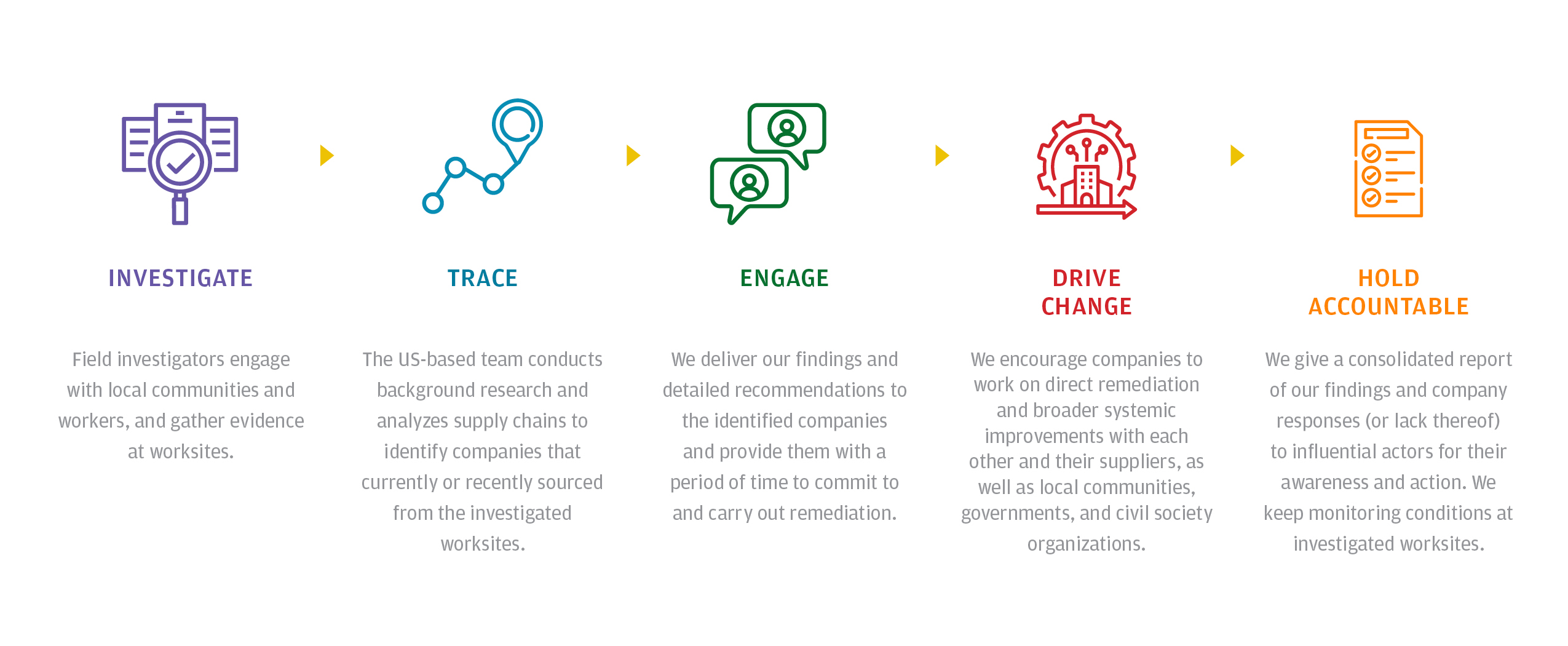
Investigations
Our work begins with holistic, evidence-based investigations of environmental and human rights abuses at worksites such as factories, tanneries, spinning mills, forestry sites, mines, and farms. We identify specific abuses that reveal pervasive issues across a sector or region, in order to spur broader action and drive systemic change.
Once we find strong indications of severe environmental abuses or human rights violations in production hubs, our team of field investigators and US-based analysts conduct rigorous research, including interviews with workers and community members, open-source intelligence and ground-level information gathering, and supply chain analysis. Our analysts then distill these findings into comprehensive supplier-specific reports, which contain evidence of the abuses identified, a summary of supply chain linkages between involved suppliers and buyers, and recommendations to remediate identified issues.
We adhere to the highest ethical standards of investigative journalism. We are committed to delivering reports to companies that are accurate, specific, and most importantly, actionable.
Our approach ensures our independence from the companies connected to our investigations. Transparentem does not allow its funders to direct or interfere with investigations. Additionally, we have a formal conflict of interest policy applicable to all employees and directors that requires, at a minimum, disclosure of any potential conflicts and recusal where appropriate.
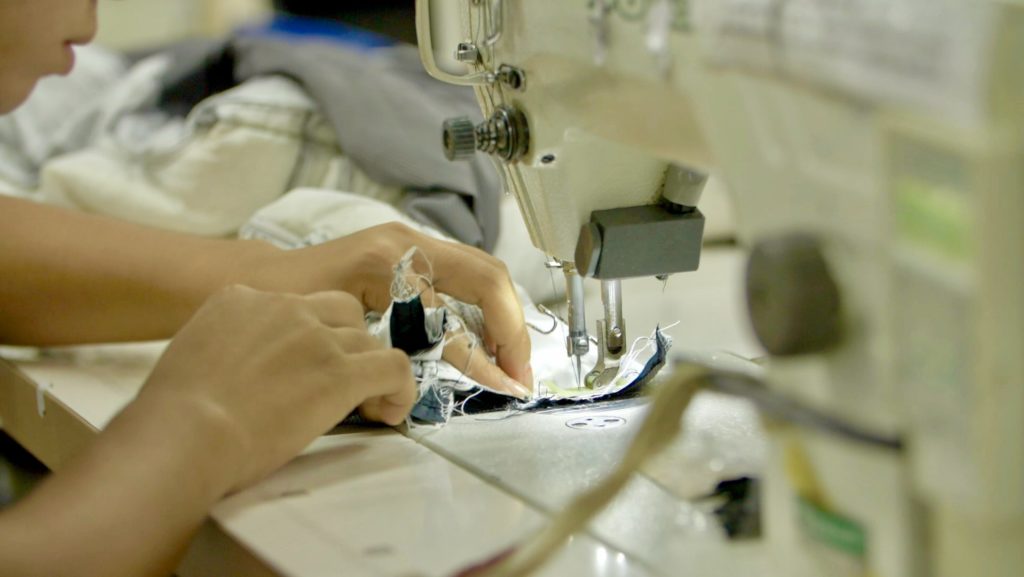
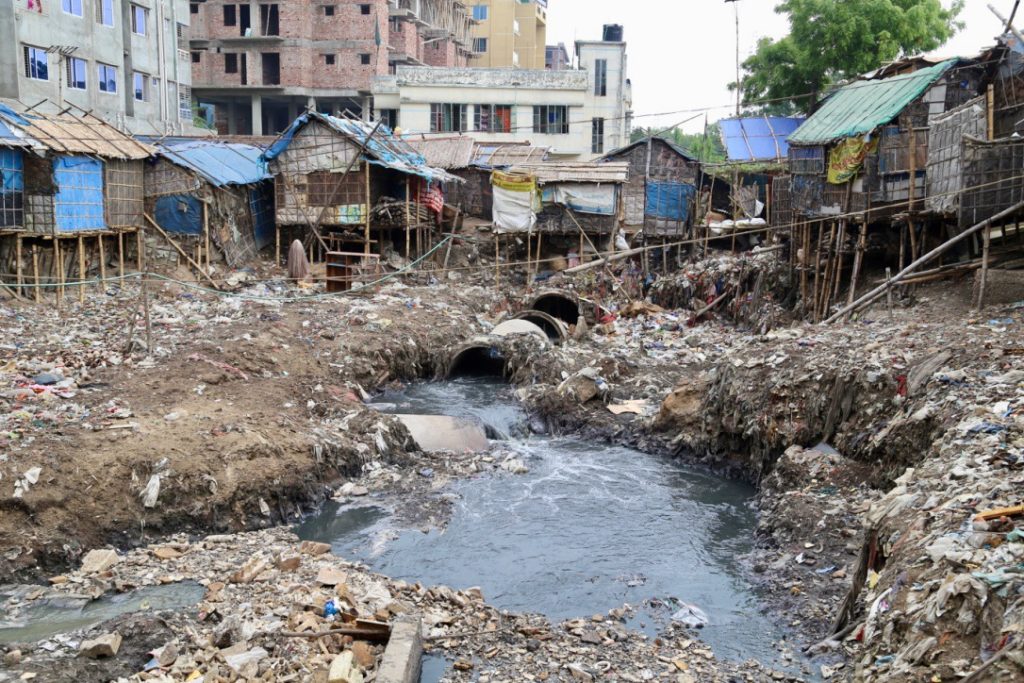
Company Engagement
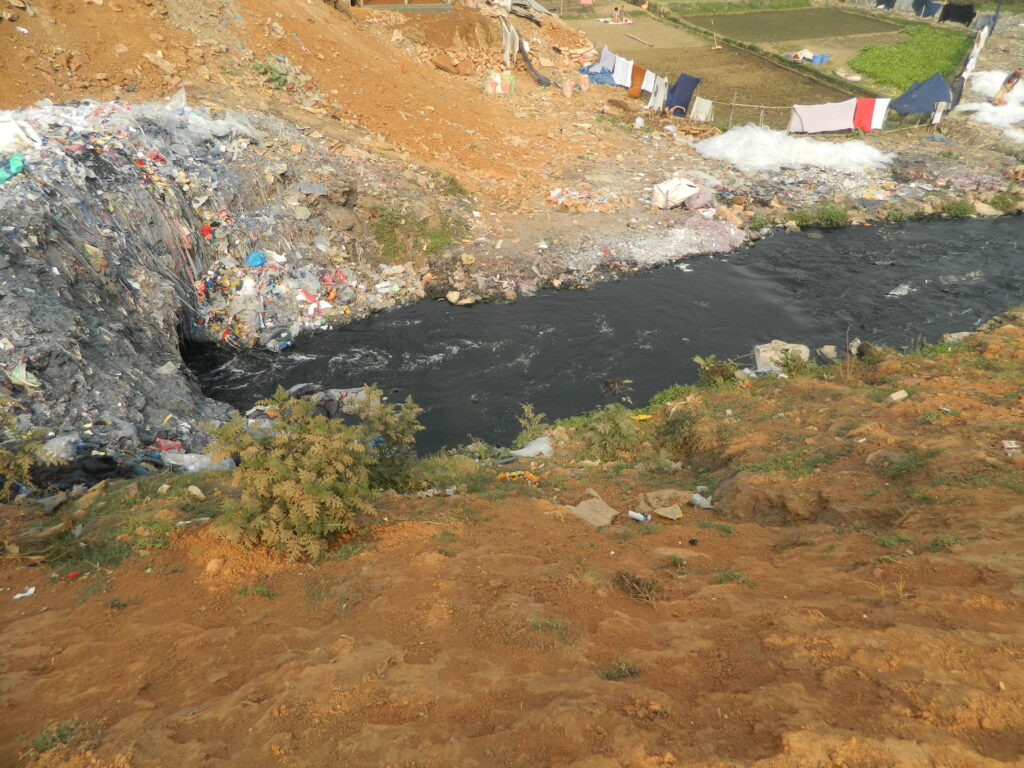

We deliver reports to companies identified as currently or recently sourcing from the manufacturers we have investigated, providing them with an opportunity to commit to, and begin to implement, remediation before the release of our final, overarching investigation summary report.
We offer to meet with company executives to discuss our findings and present additional evidence, such as video recordings and photographs documenting abuses. We provide detailed recommendations for remediation based on international standards and promising practices, including a list of organizations that conduct social assessments, labor rights and environmental groups, and relevant local worker organizations to assist with remediation efforts. Additionally, Transparentem encourages buyers to work with their suppliers on remediation based on international standards. We urge involved companies to cooperate with one another on supplier-specific solutions, and to pursue industry-wide initiatives to address identified issues. In our efforts to hold all responsible parties accountable, we also offer to engage with suppliers, where appropriate.
We provide companies a period of time to commit to and carry out remediation. During this time, we continue to engage with involved companies and support remediation efforts.
Public Disclosure & Beyond
At the end of this process, we prepare a consolidated report for influential regulators, investors, peer organizations, journalists, and advocacy groups. The report includes findings across all investigated worksites, context for the investigation, all company responses, and an assessment of any implemented remediation efforts. Once we release the consolidated report to these influential external groups, we discuss the salient and urgent details of our findings to encourage them to apply additional pressure on buyers, retailers, and suppliers to take sustained action.
After the consolidated report is released, we monitor the actions taken by companies and other relevant actors. Our aim is to determine to what degree the remediation efforts have been thorough, effective, and systematized.
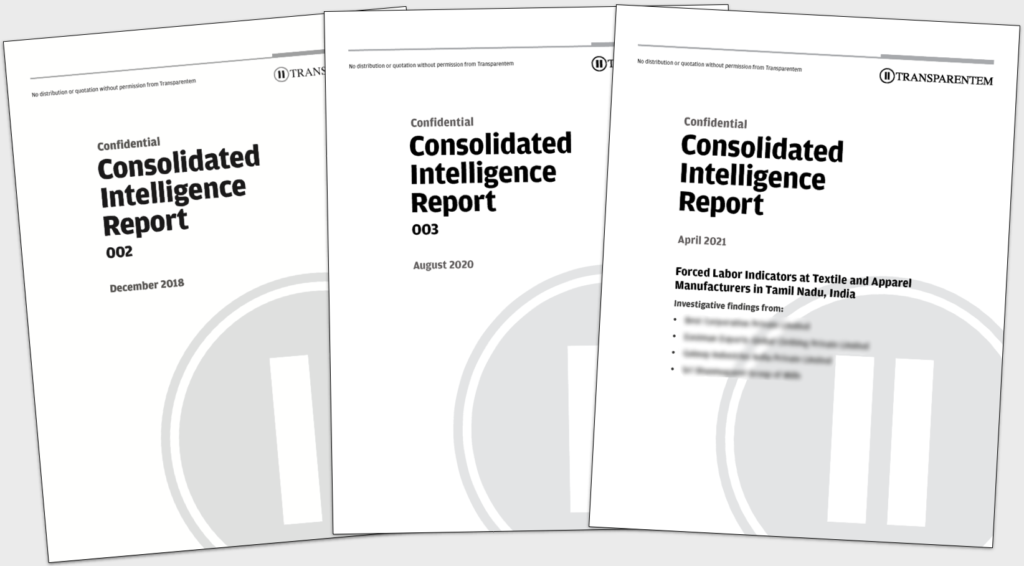
Short-Term Projects
Since Transparentem’s establishment in 2015, we have innovated and adjusted our approach to shifting contexts and priorities. For example, we conducted a survey in August 2020 to assess how the COVID-19 pandemic affected workers in Bangladesh’s Savar tannery estate. The results of the survey, in which many laborers said they worked without employment contracts and earned less than the minimum wage, were included in an op-ed published by the Bangladeshi news platform The Business Standard. The op-ed, along with the survey report featured on our website, highlighted specific recommendations for international buyers, the Bangladeshi government, and local civil society organizations to improve the situation. Other examples of short-term projects and COVID-19 response initiatives––along with an overview of all our disclosed projects––can be found here.
Latest Projects
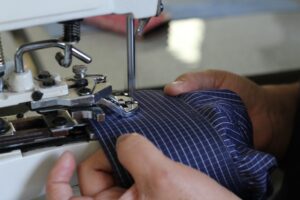
Varied Responses from Companies Implicated in Transparentem’s Third Investigation in Malaysia; More Work to be Done
In late 2019, Transparentem began its third investigation into labor

Hidden Harm: Audit Deception in Apparel Supply Chains and the Urgent Case for Reform
Social audits, whether conducted by buyer representatives, third-party certifiers, or

Investigation Uncovers Abuse of Vulnerable Workers in Tamil Nadu: Companies Initiate Corrective Actions; Broader Industry Improvement Needed
In response to reports of endemic forced labor, child labor,

